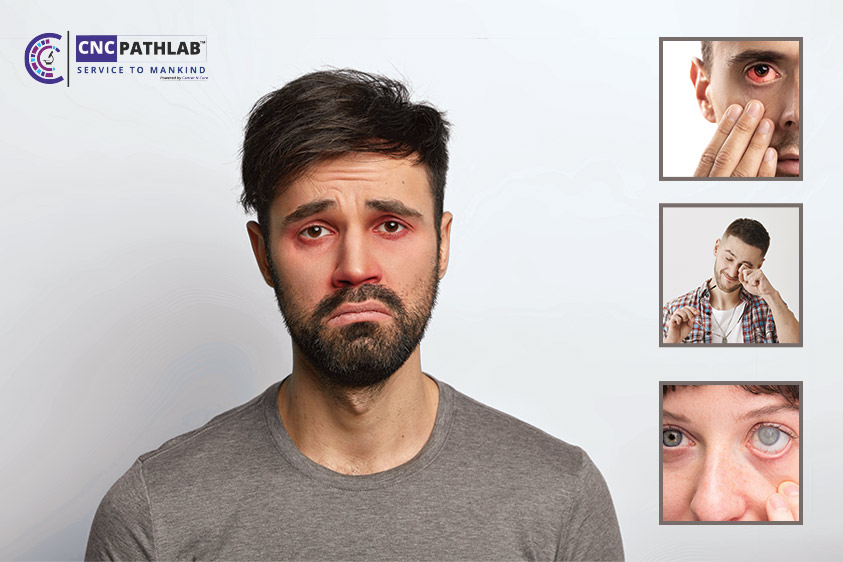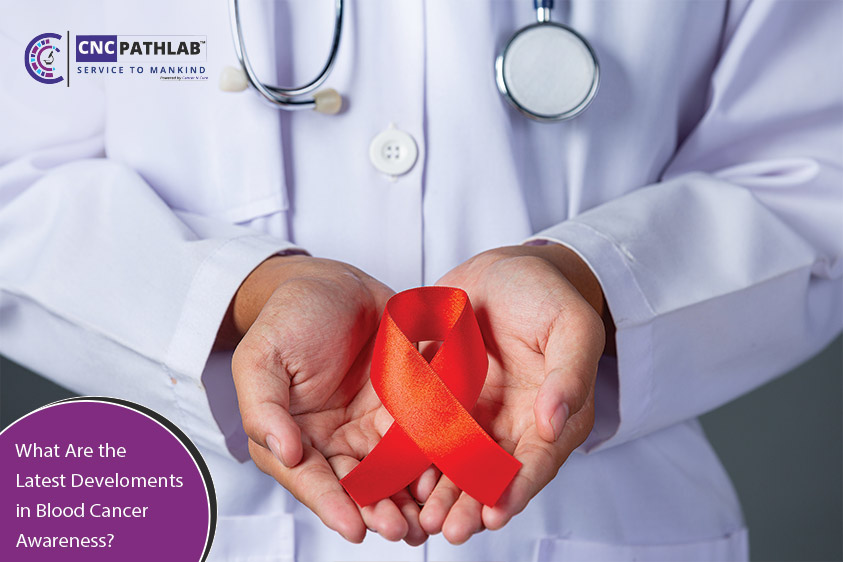What are the signs & symptoms of the Covid-19 virus? How it affect our body?
Coronaviruses are a diverse group of viruses that can infect humans and animals. In humans, four types of coronaviruses cause mild upper respiratory illness. Others, such as SARS-CoV and MERS-CoV, have the potential to cause more severe respiratory illnesses.
SARS-CoV-2, a new coronavirus, emerged in China in late 2019. Since then, the virus has spread all over the world. COVID-19 is a respiratory illness caused by SARS-CoV-2 infection.
Read also: What is COVID-19? What are the symptoms of COVID-19?
Covid-19 can have complications that could be serious, such as breathing problems and pneumonia. As a result, it's essential to understand the signs and symptoms of COVID-19 and how they differ from other conditions.
Symptoms of Covid-19
The symptoms of COVID, Flu, Common Cold & Allergies:
|
CAUSES |
PRIMARY SYMPTOMS |
LESS FREQUENT SYMPTOMS |
|---|---|---|
|
COVID-19 |
|
|
|
SEASONAL FLU (Influenza) |
|
|
|
COMMON COLD |
|
|
|
SEASONAL ALLERGIES (Hay Fever) |
|
|
The SYMPTOMS or SIGNS may require medical Attention (COVID-19)
- Difficulty in breathing or shortness of breath
- Persistent pain or pressure in the chest
- New confusion or inability to arouse
The median incubation period for SARS-CoV-2 is 4-5days according to the Centers for Disease Control and Prevention (CDC), However, it may range from 2 to 14 days.
Note that not every person with the Covid-19 virus will not feel unwell. It may be possible that the virus is present in the body but does not develop symptoms. When symptoms do appear, they are usually mild and develop slowly.
Read also: What are some of the symptoms of the Omicron variant of COVID-19?
The most common signs are:
- Fever
- Gradually Cough
- Shortness of Breath
- Loss of Taste or Smell
- Fatigue
Some COVID-19 patients may experience additional symptoms, such as:
- a stuffy or runny nose
- headache due to sore throat
- Aches and pains in the muscles
- Other gastrointestinal symptoms include diarrhea, vomiting, and nausea.
- chills
- fingers and toes discoloration
- eyes that are red or irritated
Symptoms of an emergency
The following symptoms necessitate an immediate visit to the emergency room (ER):
- breathing difficulties
- the confusion caused by persistent chest pain or pressure
- Having trouble waking up or staying awake
- blue lips or a blue face.
Precaution that you need to take for yourself and your family member from new coronavirus:
- Get Vaccinated & boosted
- Wash your hands frequently
- Maintain Distance
- If you are sick stay at home
- Wear Mask
- Don’t share your personal items
- Cover your mouth when sneezing and cough
- Avoid Crowded area
- Clean Surface
- Keep yourself up to date regarding COVID-19 news


.jpg)


.jpg)
